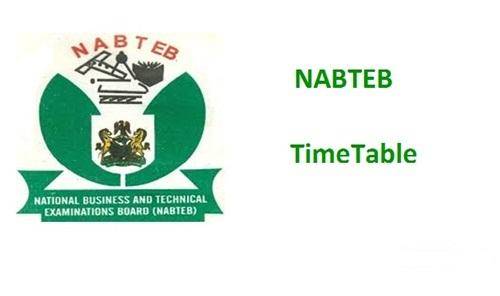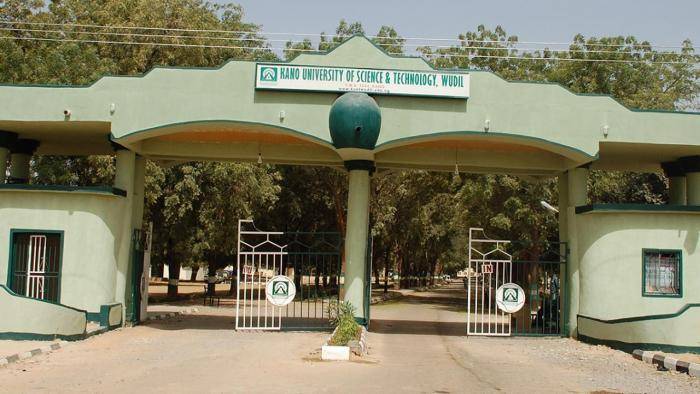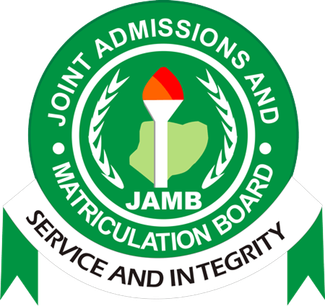Germany Modifies Long Stay Visa Process to Attract Skilled Professionals, Students, Others


Germany has implemented modifications to its Long Stay Visa system for the year 2025.
These adjustments aim to enhance accessibility for skilled workers, students, job seekers, business investors, and families.
The objective of these updates is to attract a broader range of talent to Germany’s economy by streamlining the application process, broadening eligibility, and creating new avenues for work and relocation.
According to DAAD Scholarship, the Germany Long Stay Visa is a necessary requirement for individuals who intend to remain in Germany for more than 90 days. This visa is applicable for multiple purposes, including:
- Employment
- Education
- Family reunification
- Job searching
- Business investments
- Training programs
The Opportunity Card, along with a new digital application system and restructured visa categories, is expected to make the visa process more efficient for applicants worldwide.
Long Stay Visa Categories
Germany’s Long Stay Visa is now divided into several specific categories, including:
- Employment & Skilled Work: Designed for professionals who have secured job offers or possess qualifications that meet the Skilled Immigration Act requirements.
- Study & Research: Available for students enrolled in German universities or researchers affiliated with German institutions.
- Job Seekers (Chancenkarte): A newly introduced visa that permits individuals to reside in Germany for up to one year while actively searching for employment.
- Family Reunification: For relatives of German residents or EU nationals.
- Business & Freelancing: Intended for entrepreneurs and freelancers seeking to launch or invest in businesses in Germany.
- Training & Internships: Designed for individuals participating in vocational training or internship programs.
Key Changes to Visa Rules for 2025
Reports indicate that several modifications have been introduced in 2025 to further simplify the visa process:
- Opportunity Card (Chancenkarte): This points-based visa allows job seekers to stay in Germany for up to one year while searching for employment. Applicants are evaluated based on qualifications, work experience, and language proficiency. Holders of this visa are also permitted to engage in part-time employment during their job search.
- Enhanced EU Blue Card Process: The minimum salary requirements have been reduced, and eligibility has been expanded to include more professions, such as those in ICT, healthcare, and engineering.
- Digital Application System: Applicants now have the option to submit visa applications online through the German Consular Services Portal, reducing wait times for appointments and processing.
- Foreign Qualification Recognition Partnerships: Germany now permits individuals to enter the country while their foreign qualifications are in the process of being recognized, providing greater flexibility for skilled professionals.
Employment Opportunities and Visa Conditions
With the revised regulations, individuals holding a Long Stay Visa in 2025 will have various employment opportunities based on their visa type.
- Employment Visa: Grants direct work authorization upon obtaining a job contract.
- EU Blue Card: Facilitates highly skilled professionals in working and residing in Germany with relaxed employment restrictions.
- Opportunity Card: Enables job seekers to search for work while engaging in limited part-time employment.
- Student Visa: Allows students to work up to 20 hours per week.
- Freelancer Visa: Permits self-employed professionals to operate businesses in Germany.
- Job Seeker Visa: Does not permit employment until the individual secures a job.
Application Process for a Long Stay Visa
To apply for a Long Stay Visa, applicants must complete the following steps:
- Identify the Visa Type: Select the visa category that corresponds with the purpose of your stay, such as employment, study, or family reunification.
- Gather Required Documents: Collect necessary documents, including a passport, visa application form, financial proof, accommodation details, and any job or study-related documents.
- Book an Appointment: Schedule a visa appointment at the nearest German Embassy or Consulate.
- Attend the Visa Interview: Provide biometric data, present original documents, and answer questions regarding your planned stay.
- Visa Processing: The visa process usually takes 6 to 12 weeks, after which the applicant can collect their visa.
Application Fees and Financial Requirements
The application fee for a standard Long Stay Visa is €75, though costs vary for specific visa types. For example, the EU Blue Card costs €110, while the Job Seeker Visa remains €75. Applicants must also provide financial proof demonstrating their ability to support themselves during their stay. For instance, job seekers need to show €1,200 per month (equivalent to €14,400 per year), while students must prove financial resources of €11,208 per year.
These revisions to Germany’s Long Stay Visa aim to create new opportunities for individuals looking to relocate, study, work, or reunite with family in one of Europe’s most robust economies. The updated process is designed to make it easier for qualified individuals to establish themselves and succeed in Germany.








